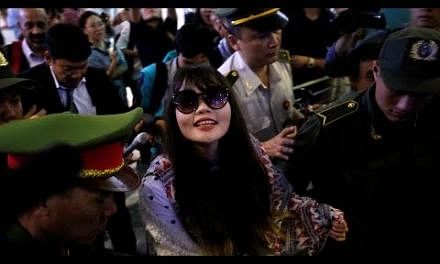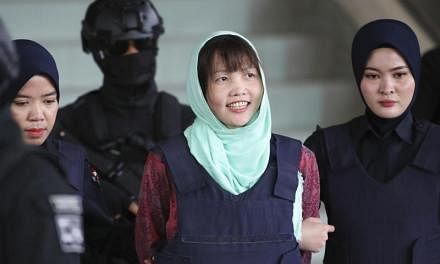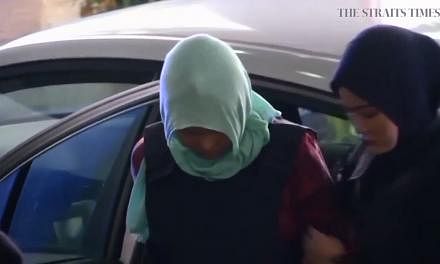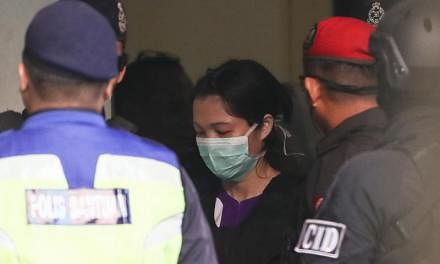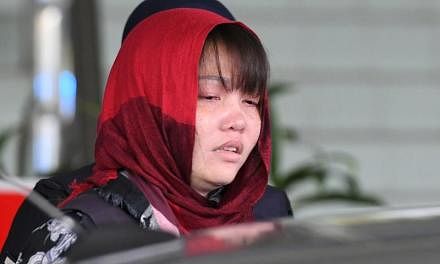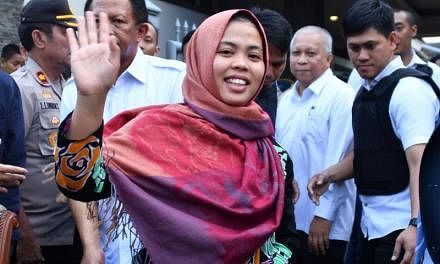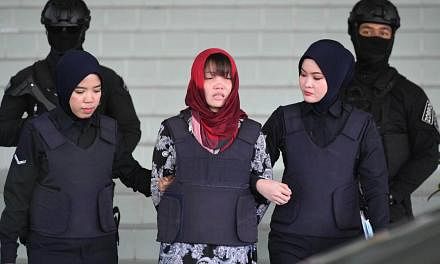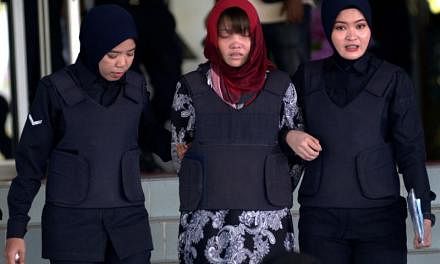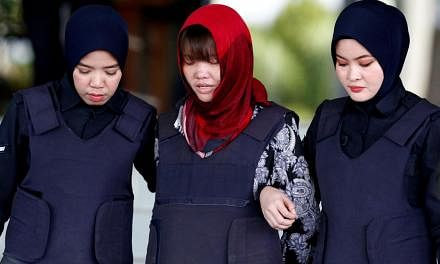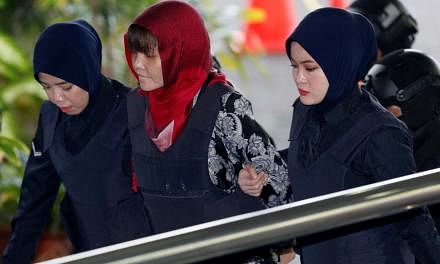KUALA LUMPUR - Japan reportedly provided Malaysia with fingerprint data and other information on Kim Jong Nam needed for the investigation into the murder of the estranged half-brother of North Korean leader Kim Jong Un.
The fingerprint data was obtained when the Japanese immigration officials detained Mr Kim in 2001 at Narita International Airport when he tried to enter the country on a false passport, Kyodo news agency quoted sources as saying on Sunday (March 12). He had told the Japanese authorities at the time that he wanted to visit Tokyo Disneyland.
Japanese authorities also offered data on Mr Kim's physical characteristics including mugshots, the sources said.
The information is believed to have helped Malaysian investigators conclusively establish the victim's identity. Mr Kim's next-of-kin have not turned up in Malaysia to provide DNA samples for identification.
Kyodo said the disclosure marked the first time that Japan's assistance in the case has come to light in the investigation into Mr Kim's murder at the Kuala Lumpur International Airport 2 on Feb 13.
The United States and other countries are also believed to have been involved in the probe or assisted in the protection of his family members amid fears that they might be targeted by North Korea, said the news agency.
The United States and South Korea have alleged that Pyongyang ordered the poisoning of Mr Kim, who had been living in exile. But it has denied this, insisting the man is Kim Chol and that he died of a "heart stroke".
Malaysia, however, has said an autopsy revealed that Mr Kim died after exposure to the lethal VX nerve agent, listed as a weapon of mass destruction by the United Nations.
Pyongyang has accused Kuala Lumpur of subverting investigations as part of a conspiracy against it, leading to a worsening diplomatic spat that has resulted in both ambassadors being expelled, and reciprocal travel bans barring Malaysians from leaving North Korea and vice versa.
Kuala Lumpur is now trying to gain the release of nine Malaysian citizens in Pyongyang - three diplomats and six family members - with Prime Minister Najib Razak calling for the nation to unite during this crisis

